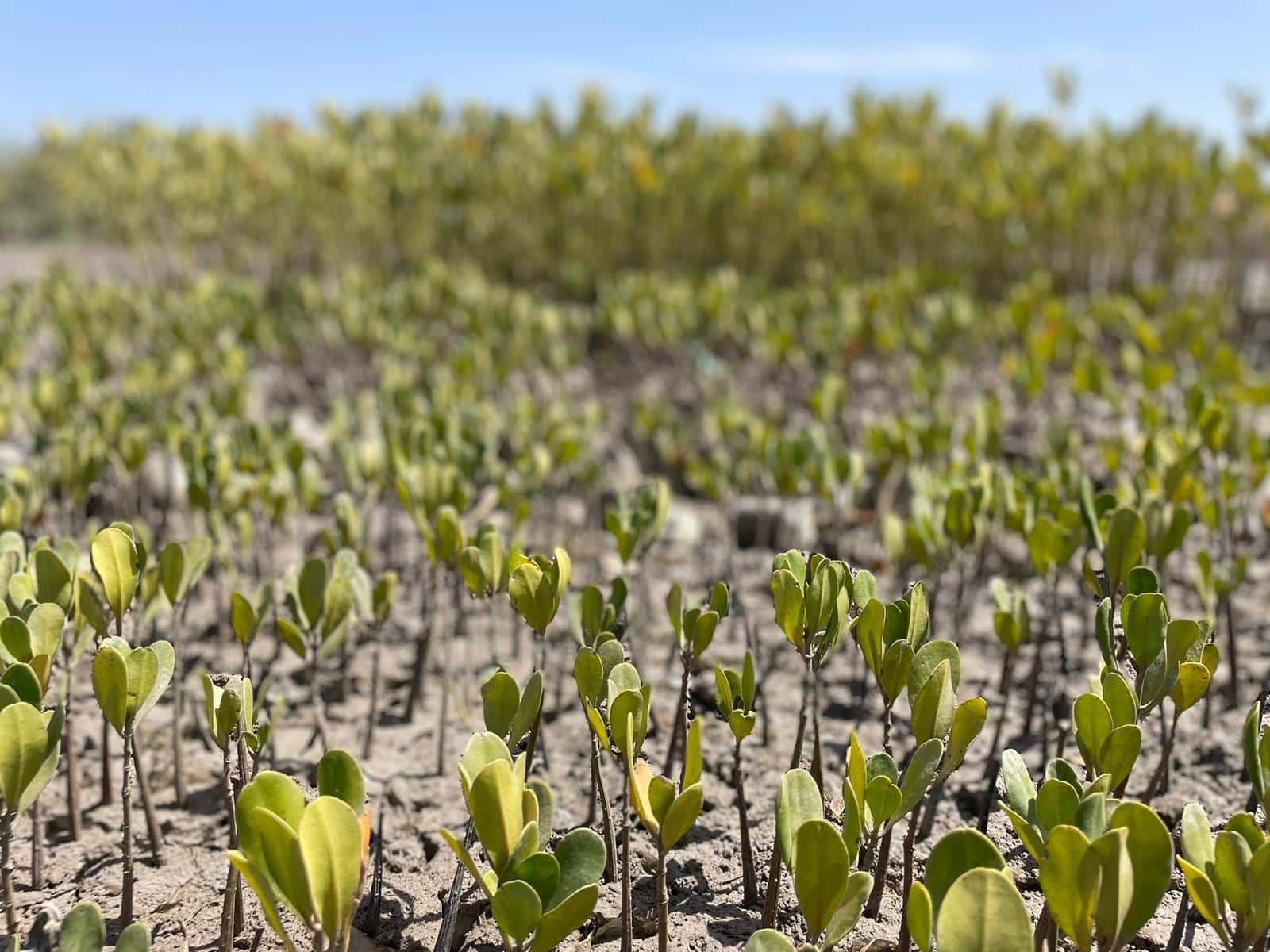At JBA, we believe that true resilience can only be achieved through holistic approaches that encompass the entire life cycle of a disaster.

Ready to discuss your next project? Contact our team today.
All nations are susceptible to the effects of climate change, but it is the world’s least developed countries that are bearing the greatest consequences. Many communities now face unprecedented risks from climate related hazards such as extreme flood events. These challenges are so significant that no single defensive measure – be it levees, dams, or other infrastructure – can offer the resilience required to sustain, let alone enhance, livelihoods.
“Without action, more than 130 million people living in the most vulnerable countries will be pushed into extreme poverty due to climate change by 2030.”
At JBA, we believe true global resilience can only be achieved through holistic approaches that encompass the entire life cycle of a disaster. These include:
Aware: Evaluating risks before an event occurs
Adapt: Adapting proactively to these risks
Respond: Responding effectively during the event
Recover: Implementing robust recovery strategies afterward.
Resilience also comes from strategies that focus on the whole system. It isn’t simply about building protection structures like flood defences. Just as important is how we strengthen the capacity of governments and communities to adapt, respond and recover from hazards. This might involve supporting governments to better define and strengthen roles and responsibilities for disaster risk management. Or improving planning processes and building codes to limit development in risk zones. Or upskilling disaster response departments to use information from flood forecasting systems.
Our work has this logic at its heart. We engage in a variety of initiatives that span the spectrum of resilience.
We conduct national flood risk assessments in countries such as Haiti, Ethiopia, Indonesia and the Philippines creating the awareness needed to prioritise investment. Find out more about our work in this area: Strengthening Integrated Flood Risk Management in Asia
In nations such as Panama, Suriname, Niger, and Burundi, we develop integrated strategies to adapt to and mitigate hazards. Discover more about our work in this area: Risk-infomed land-use planning and flood resiience, Panama City.
We support the implementation of early warning systems and prepare emergency response strategies, with projects in Sierra Leone, Niger, and India. Discover more about our work in this area: Supporting the development of hydromet services in Sierra Leone.
Our efforts continue with rapid recovery strategies, such as those we have recommended in Malawi following Cyclone Freddy. This includes guidelines for “build back better” approaches to reconstruction and replacement project investments.
True resilience, in our experience, involves diversifying strategies – having “many eggs in many baskets”. Each component of our approach is designed to build a robust framework that not only withstands disasters but also allows society to thrive in the face of them.
To find out how we can help you strengthen resilience to climate change, contact our team.
Ready to discuss your next project? Contact our team today.
Discover more about the challenges and solutions shaping resilience and sustainable development across the globe.